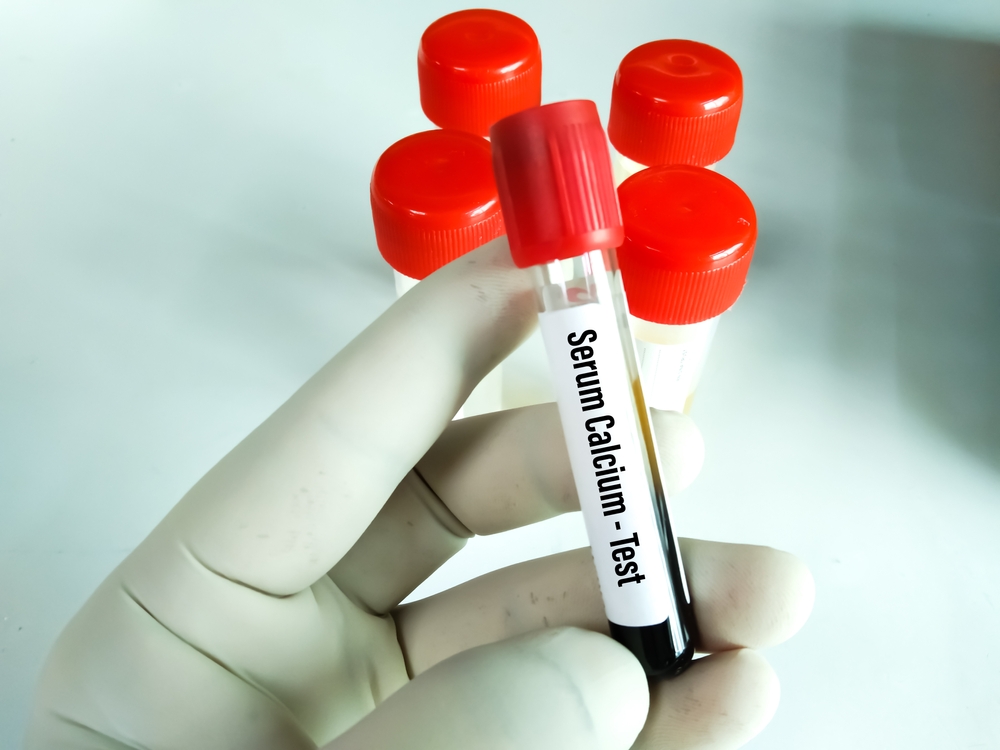Systemic lupus erythematosus (SLE) is a complex autoimmune disease characterized by chronic inflammation affecting multiple organs. Treatments include diverse drug categories such as cytokines, antibodies, hormones, molecular inhibitors, and cell therapies, yet therapeutic complexities persist due to overlapping mechanisms of action—many drugs both alleviate and potentially trigger SLE. To address this, researchers have identified three core pathogenic mechanisms: immune system dysregulation, imbalance of the cytokine microenvironment, and impaired debris clearance. These insights have led to categorizing current therapeutic and preventive strategies according to their functional mechanisms, recognizing that many treatments, including glucocorticoids and hydroxychloroquine, operate through multiple pathways.
As understanding of the genetic, epigenetic, hormonal, and environmental factors influencing SLE advances, personalized treatment becomes increasingly viable. Precision medicine approaches, leveraging genetic or immunological markers, represent a promising avenue to tailor therapies for individual patients. Future research aims include developing rapid, cost-effective screening methods to identify key markers linked to SLE’s distinct pathogenic stages, enabling more targeted therapeutic interventions.
Reference: Dai X, Fan Y, Zhao X. Systemic lupus erythematosus: updated insights on the pathogenesis, diagnosis, prevention and therapeutics. Signal Transduct Target Ther. 2025 Mar 17;10(1):102. doi: 10.1038/s41392-025-02168-0. PMID: 40097390; PMCID: PMC11914703.









